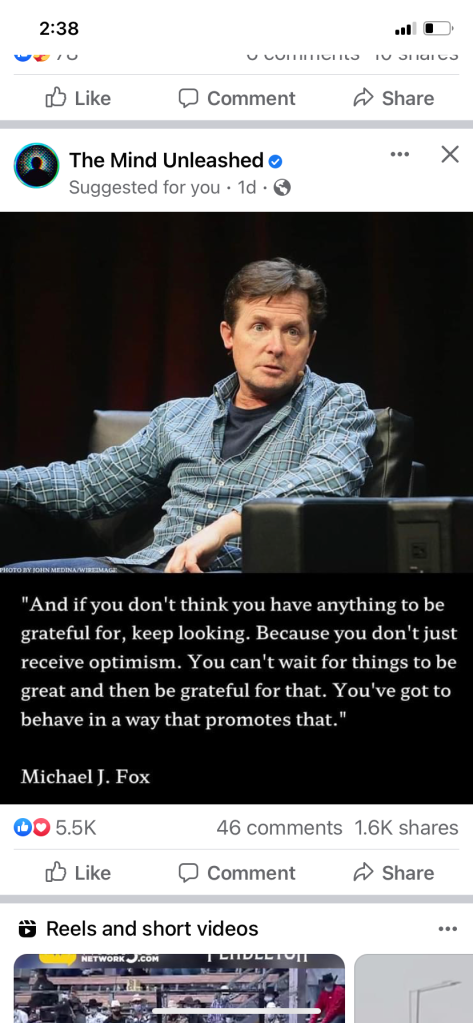Sunday morning the sermon was about ‘disarming’ the Bible. It’s a series they are doing, so this first one mostly talked about how accustomed we readers and listeners are to attaching our own biases and experiences to, well … to everything we read. Nothing ever comes into our understanding of things that isn’t seriously affected by all our other understandings. I doubt there is anything like ‘the pure truth’ to any of us. We bring our selves into every thought and reflection … and into every reading. So also we read the Bible. We load up our interpretations with all that we already are. It can’t be otherwise.
The sermon talked about how we are influenced, but with a focus on how we understand God. We say God is love, and 1 John 4:8 … (whoever does not love does not know God because God is love) is very clear, as is so much of the Bible in saying this. But we are transactional humans. We like to add and subtract. So we tend to turn love into transactions. Exchanges and deals. Accomplishments. Love in exchange for something. Because of something. For good behaviour. Upon confession of sin. Forgiving someone entitles us. Not killing our enemies. But the Bible, said our preacher is pointing us away from the rules and transactions. The Bible points to Jesus, the Christ. To the Center. That is its primary intention. The whole idea is love, end to end … which is why, it seems to me, we humans are so instinctively drawn to love and so repulsed by behaviour that is otherwise. We do get this. The DNA of the entire universe is love.
But that, said the preacher, is not as easy as the words make it to seem. Rules are easy. Doctrine is easy. Believing is easy. It’s why we like rules and doctrine and theology so much. But love … that’s another thing and Jesus spent his entire ministry poking at the rules and at our beliefs and dragging us into the messier, often less clear Center. Love. Let him who is without sin, cast the first stone, he said to the rule-followers who wanted to stone the woman caught in adultery. It’s not easy, this love thing, and those who dumb it down to a few rules, or a couple of broad statements, have likely not seen some of the darker corners and nighttime shadows.
Sunday afternoon, Kathy and I watched Women Talking. It seemed the opposite, the very complete opposite of that God-is-love DNA. Except, maybe also not so opposite at all. It’s a sad and difficult movie, really well done, we thought, about a complicated story, which, now many years later, remains murky, except that something was happening to the women in that colony over a prolonged period of time. The movie story takes place in a hayloft where a group of the women, older and younger, are charged with deciding on behalf of all the women in the colony, whether to leave the colony where most of them have at one time or another been raped, abused in other ways, taken for granted … by their husbands, their relatives, even by their own sons or brothers. The men are in town, trying to get bail for the ten or so men and boys recently charged, the story of which has received plenty of attention in recent years, and in every telling, it seems to have become a little murkier. The women in the movie talk. They agonize and argue and weep and scream about it all; they are looking for a better way. They’re also desperate, afraid of their men.
Based on the book, a novel by the same title, the debate is about deciding whether to leave or stay, but their discussion keeps spilling over into how they experience power (they have almost none), rules, love, forgiveness, pacifism, violence and scripture, and also a wish for revenge. So far away from a Sunday morning sermon, their talking makes very clear how conflicted our understanding of it all is. Where the rubber meets the road, as we like to say, is where this story happens. Clarity, it seems to me, belongs to those who haven’t experienced much of living at all. These women have, and they go up and down every side of the rules, the culture that creates space for the rules, the few scriptures under which their rules have been made. We want to be in a place where we can keep our faith, they say, even as they pull at so many of its edges … and also where we can think. We’ve never been allowed to think, they say. Our animals are treated better than we. Never, said one of the older ones, do our men or our sons acknowledge us. Not even enough to pass us the salt, she said. We are born not to exist, one of them says.
Forgiveness keeps coming up … and some kind of related guilt. They’ve been taught that forgiveness is required of them, no matter how repeated and awful the assaults and the abuse and the neglect. The women poke at scriptures they have long been told to mean that should they not forgive their men, they will not be allowed into ‘the kingdom of heaven’. Can’t God alone offer forgiveness, one of them asks? Who are they, the men, to control and offer forgiveness to anyone, they being the perpetrators and perpetuators of a culture that makes so much room for abuse. But then they acknowledge that if it’s really their centuries-old religious culture that has created a climate in which abuse of women and girls can so easily and so routinely happen, then are their men really even guilty? Maybe we will just kill them, becomes a question at one point in this passionate, at times subdued, other times desperate conversation; it’s quickly dismissed as an unserious option. These women, victims of so much, think about love, and whether, in their life experience, it’s even possible for any of them to know anything about love. They know as much as anyone about its absence and they are determined to look for a better way, for the sake of their children, and for themselves. Maybe for their men. I will not die in this colony, says one of the older ones. Bury me on the trail, if you have to, as they line up their horses, buggies, children, and a few quickly gathered belongings.
It’s a movie, so the story ends when it ends. But it’s a struggle based on real things. And about how to survive and live with some kind of thoughtfulness in a world where so much goes wrong and where scripture is laid bare in its own struggle to find us humans in ours.






